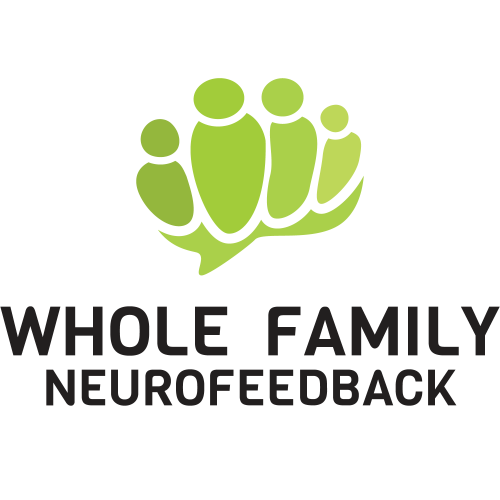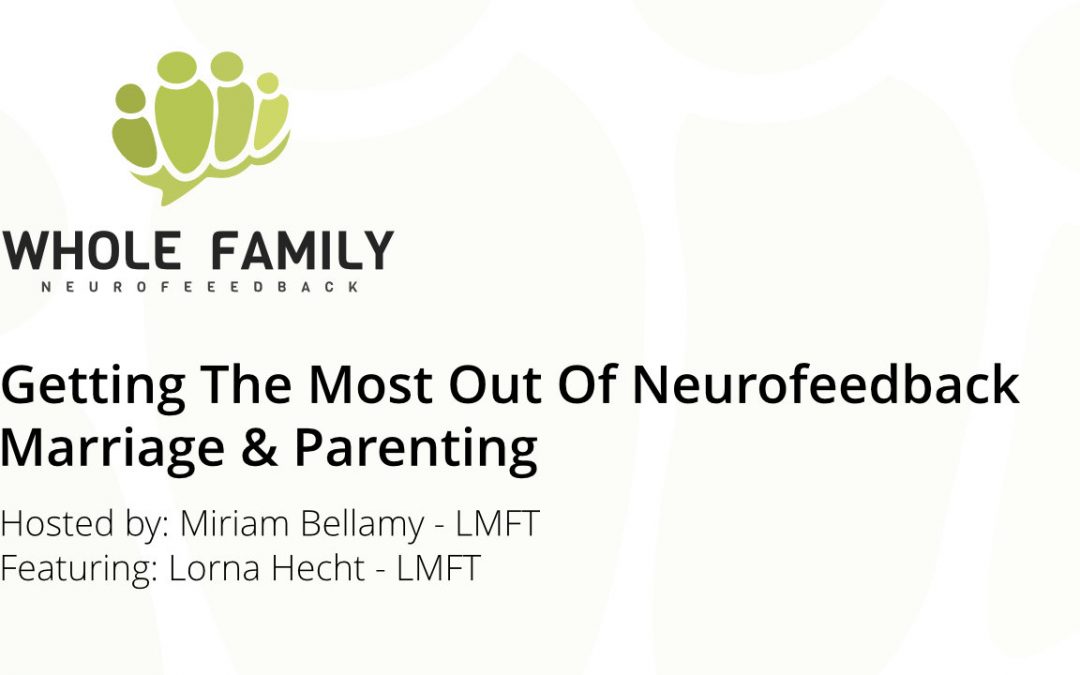Neurofeedback Impacts Family Triangles
“Parenting is not about kids. It’s about parents.”
–Hal Runkel, ScreamFree Parenting
Join Lorna Hecht, LMFT and I as we expand on a different way to think about the problems many marriages are facing. When kids struggle, so do parents, and so do marriages. I could easily write that the other direction. When marriages struggle, so do parents, and so do kids. We are not looking at causality, but rather a reciprocal process in which each interaction feeds upon and feeds the next interaction, resulting, sometimes, in symptoms in children. In this episode, we encourage people to consider a broader view of the problems they are facing in their families. We encourage people to consider the context in which problems in children develop, not so that parents can blame themselves or their marriages or even their own parents…but so that people can begin to consider a much larger process at work. In this episode we consider the concept of triangles in particular and how neurofeedback impacts family triangles.
Looking a little more closely at family process, Lorna and I explore the emotional circuitry of a triangle. We explore the interrelationship of the parental circuit and how it informs the parent-child circuits. These circuits, Lorna says, are the “most influential” factors in a child’s development. Lorna reports on some powerful research by Peg Donley that has found that, in heterosexual relationships, fathers respond to their children based on how they feel about their relationships with their wives. Wives don’t tend to be as impacted in their relationships with their children by how they feel about the marriage. But symptoms are more likely to show up in a child the more the parents use emotional distance to cope with marital challenges. In exploring how neurofeedback impacts family triangles, Lorna says, “Neurofeedback operationalizes my ability to think systems.” And when we can put sound thinking into any emotional system, it tends to make a difference. It may be slowly over time, but, as Lorna and I both agree, it is well worth the sustained effort.
Lorna and I share many examples, both personal and hypothetical in this episode. Listen in and consider how might neurofeedback impacts family triangles in your life! (And for anyone interested, here is a link to Lorna’s newsletter article mentioned in the episode about screen time: https://lornahecht.com/how-to-help-silicon-valley-turn-your-kid-into-a-tech-addict/
And if you are interested in getting started with one of our rentals or a purchase, have a look here, or give us a call.

